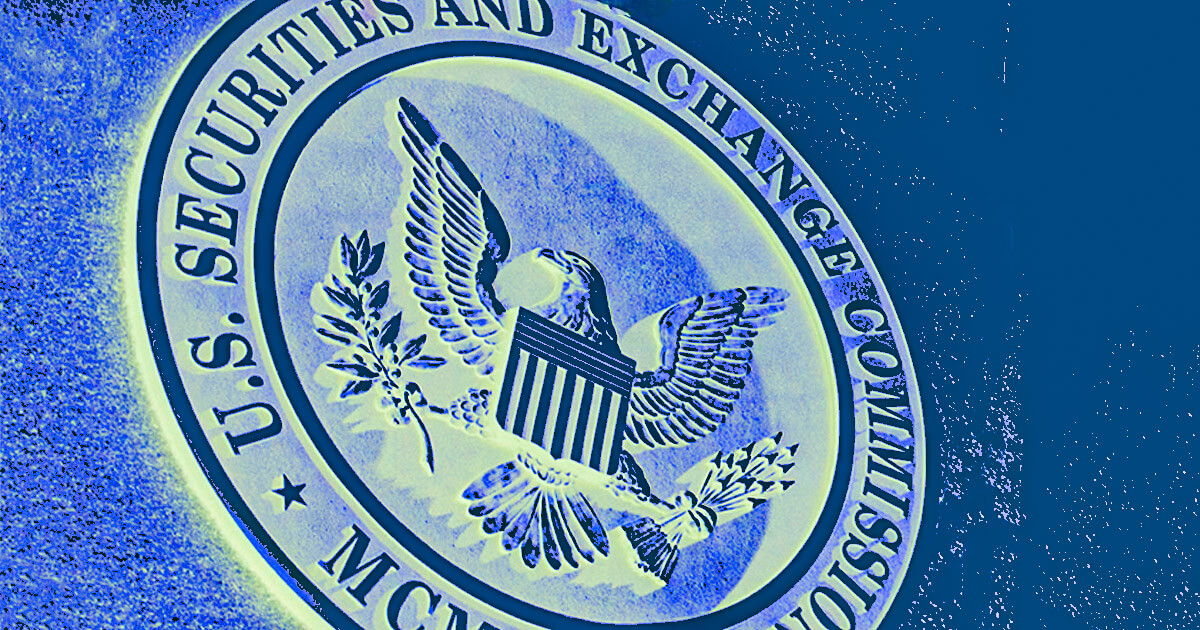Experts suggest that the crypto regulation demography might soon change in the United States; ETF approval and upcoming bills would be the key. Nearly nine applicants are waiting in line to get approval for Bitcoin Spot ETF, while another bunch awaits a nod for Ethereum Spot ETF. The lawmakers are actively working on four bills to provide a comprehensive crypto regulation.
U.S. Crypto Regulation – Not So Distant Dream
Market experts hope for positive results if and when the Securities and Exchange Commission (SEC) approves a crypto exchange-traded fund. This scenario would allow retail investors to have exposure to Bitcoin and Ethereum without actually buying them.
Moreover, the approval would invite more institutional investors and a vast liquidity influx into the market. Even speculations are circulating in the market that the BTC price could exceed $100,000. The delay in approval could be due to lack of a proper regulatory infrastructure,
After events like the Terra ecosystem collapse, the FTX saga, and more, the regulatory action against the crypto industry increased by 183%. This surge excludes the recent lawsuits against giants like Coinbase and the world’s biggest crypto exchange. These constant legal actions created a hostile environment for the industry, and hence, the need for crypto regulations arose.
Upcoming Bills that Could Change the Demography
The United States regulators are actively working on four different crypto legislation that can fill the regulatory void for the crypto industry in America. The names include the Financial Innovation and Technology for the 21st Century Act (FITCA), the Responsible Financial Innovation Act (RFIA), the Digital Asset Market Structure Bill (DAMS), and the Digital Commodity Exchange Act (DCEA).
However, neither the date for ETF approval nor implementation of one or all bills is known. But the market is rejoiced as things are in motion. These bills aim to provide a comprehensive regulatory infrastructure for the crypto industry. It paves the way for the Securities and Exchange Commission (SEC) and Commodities Futures Trading Commission (CFTC) to work in unison.
The bills also try to solve the issue of the classification of digital assets into commodities and securities. All are under due parliamentary procedure; further details are yet to be released by the government. The United States is slowly changing its approach towards handling cryptocurrency.
Why the Regulators Failed to Deliver Crypto Regulation?
European Union would have a comprehensive crypto regulation, Market in Crypto Asset (MiCA), by December 30, 2024. Many other countries handle the regulations better than the U.S. Experts try to explain the challenges ahead of U.S. crypto regulation.
The United States crypto scenario is unique and complex. Initially, it was allowed to grow uncontrollably from the start but collapses, bankruptcies, exploits, and hacks garnered authorities’ attention. Also, the SEC and CFTC have had a feud over crypto supremacy. If a crypto asset was deemed a commodity, it came under CFTC and vice versa for SEC.
After considering the history of the United States and the crypto industry, the reason for the dispute becomes clear. Crypto emerged to challenge the traditional financial system and proposed a significant power shift from a select few to the masses. The government initially hesitated to allow this power shift but looking at crypto’s potential, they are now working on regulations that would benefit all parties concerned.
Credit: Source link















































